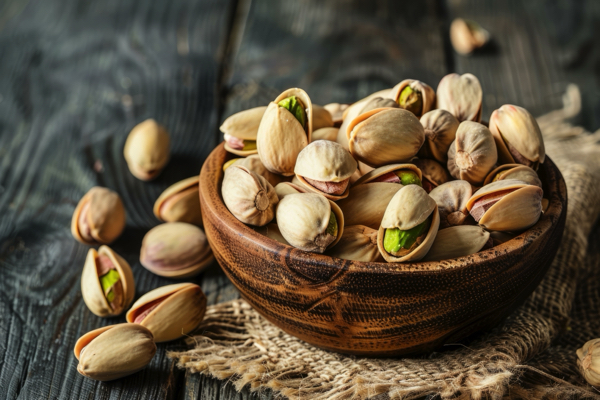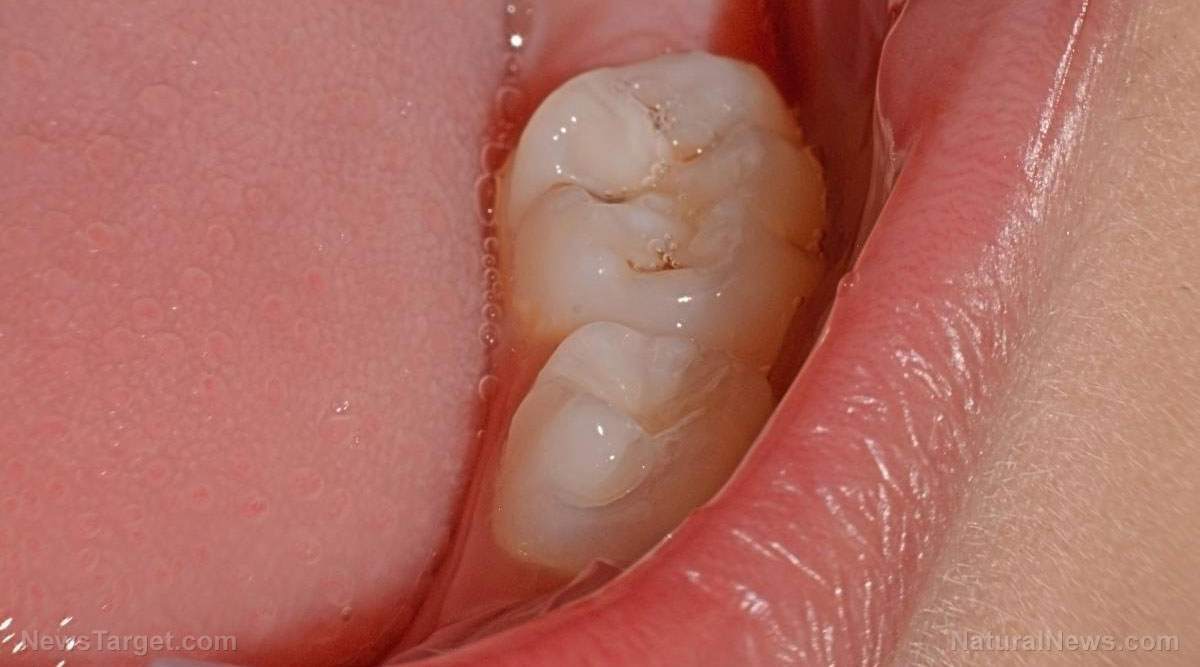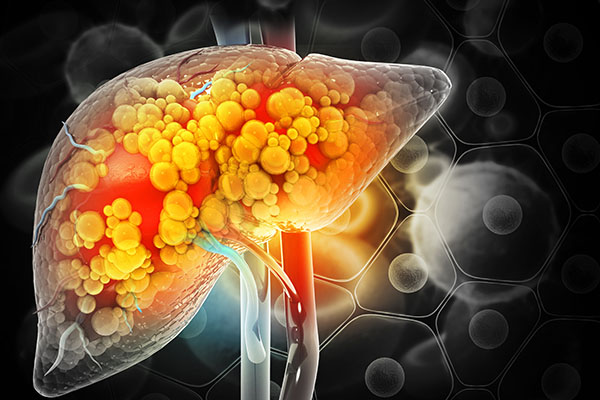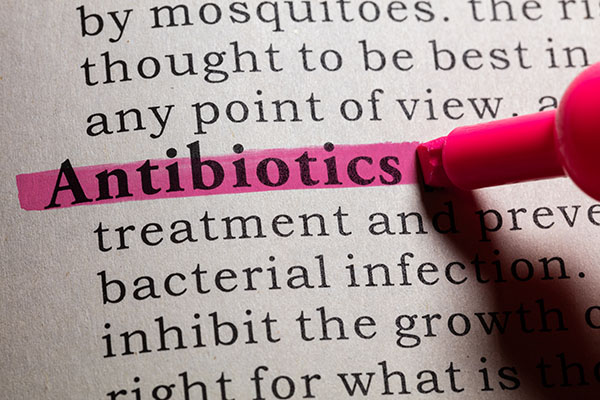Flavanol-rich foods like COCOA can neutralize vascular damage caused by prolonged sitting
10/29/2025 / By Lance D Johnson
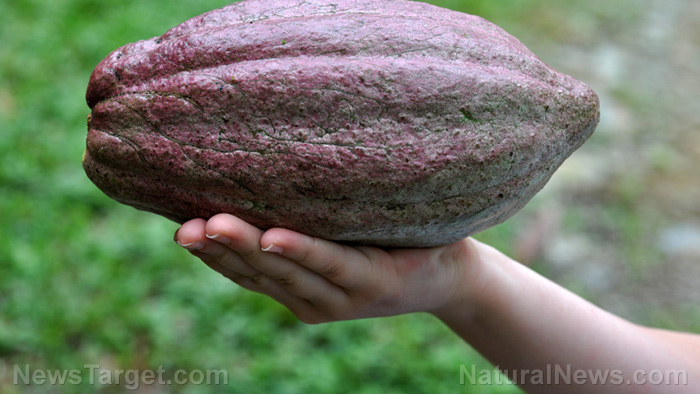
In a world increasingly chained to desks and screens, a silent assault on our cardiovascular system is underway every time we sit for too long. But what if the very foods we enjoy could act as a shield, protecting our blood vessels from the hidden dangers of inactivity? Groundbreaking research from the University of Birmingham reveals a powerful dietary defense, showing that natural compounds found in cocoa, tea, and berries can effectively preserve vascular health against the detrimental effects of prolonged sitting. This discovery challenges the very foundations of conventional health advice, suggesting that even the fittest among us are not immune to the harms of a sedentary lifestyle and that a simple, natural intervention can offer profound protection where pharmaceutical solutions often fail.
Key points:
- A new study found that consuming a high-flavanol cocoa drink before sitting for two hours completely prevented the decline in blood vessel function that normally occurs.
- The protective benefits of flavanols were consistent in both highly fit and less fit individuals, proving that physical fitness alone does not guard against the vascular damage caused by sitting.
- Prolonged sitting significantly reduces blood flow and oxygen delivery to the legs and increased diastolic blood pressure, highlighting its immediate negative impact.
- Flavanols work by boosting nitric oxide, a molecule that relaxes and widens blood vessels, offering a mechanism of action that is both natural and effective.
- This research provides a practical, accessible strategy for millions to mitigate a major cardiovascular risk factor embedded in modern life.
The sitting epidemic and its hidden vascular toll
Modern life is a sedentary trap. Young adults are estimated to sit for nearly six hours each day, and this uninterrupted sitting places a unique stress on the body. While it may feel restful, the act of sitting for long periods induces a significant decline in vascular function, specifically the endothelium’s ability to keep arteries flexible and responsive. This function is clinically measured by Flow-Mediated Dilation (FMD), which gauges the elasticity of arteries. The decline is not a minor issue; previous research has established that just a 1% reduction in FMD translates to a staggering 13% increased risk of cardiovascular diseases like heart attacks and strokes.
Dr. Catarina Rendeiro, the study’s lead author, frames the problem in relatable terms. “Whether we are sitting at desks, behind the wheel of a car, on a train, or on the sofa reading a book or watching TV, we all spend a lot of time seated,” she said. “Even though we are not moving our bodies, we are still putting them under stress.” This stress manifests as reduced blood flow and shear stress—the frictional force of blood along the vessel walls—which are critical signals for maintaining vascular health. The consequences are rising; the British Heart Foundation reports an 18% increase in cardiovascular deaths among working-aged adults in the UK in 2023 compared to 2019, a grim statistic with an estimated economic cost of £29 billion.
Flavanols: Nature’s answer to cardiovascular decline
The University of Birmingham study recruited 40 healthy young men, split between high-fitness and low-fitness groups. Each participant consumed either a high-flavanol cocoa beverage or a low-flavanol placebo before undergoing a two-hour sitting trial. The results were striking. Both fitness groups who consumed the low-flavanol drink experienced a marked decline in vascular function in their arm and leg arteries. Their diastolic blood pressure rose, blood flow decreased, and oxygen delivery to their leg muscles dropped. This finding was particularly revealing because it demonstrated that a high level of cardio-respiratory fitness offers no protection against the vascular impairment induced by sitting.
However, the groups that consumed the high-flavanol drink were protected. They maintained their pre-sitting vascular function levels perfectly. Dr. Sam Lucas, a co-author of the study, emphasized the significance: “Our experiment indicates that higher fitness levels do not prevent the temporary impairment of vascular function induced by sitting when only drinking low-flavanol cocoa. Importantly, after the high-flavanol drink, both fitter and less-fit participants kept their FMD the same as it was before sitting for two hours.” This is the first time flavanols have been shown to prevent sitting-induced vascular dysfunction in young, healthy men, and it confirms that the benefits are accessible to everyone, regardless of their fitness level.
This natural intervention stands in stark contrast to the standard pharmaceutical approach to cardiovascular risk. A comprehensive meta-analysis of 145 trials, published in the European Journal of Preventive Cardiology, found that flavanol-rich foods could lower systolic blood pressure by an average of 3 mmHg. For those with hypertension, the effect was even more dramatic, with reductions of up to 6 mmHg systolic, matching the impact of common prescription drugs. The critical difference lies in the safety profile. While blood pressure medications are often linked to side effects like dizziness, fatigue, and kidney strain, only 0.4% of participants in the flavanol studies reported mild, transient issues like headaches. This presents a compelling case for a natural, side-effect-free strategy that works with the body’s own chemistry.
Empowering a vascular shield in your daily life
So how do these plant compounds perform their protective magic? Flavanols, which are abundant in cocoa, tea, apples, and berries, work by enhancing the body’s production of nitric oxide. Nitric oxide is a potent signaling molecule that relaxes the inner muscles of blood vessels, causing them to widen and improve circulation. It is a fundamental regulator of vascular health. A March 2021 study illustrated this mechanism perfectly, showing that cocoa consumption increased forearm blood flow both at rest and during mental stress, effectively counteracting endothelial dysfunction. The flavanols act as a key, unlocking the body’s innate ability to protect and maintain its own circulatory system.
Integrating this defense into daily life is remarkably simple and does not require a prescription. “It is actually quite easy to add high flavanol foods to your diet,” said Alessio Daniele, a Ph.D. student involved in the research. “There are cocoa products available in supermarkets and health stores which are processed through methods that preserve flavanol levels. If cocoa isn’t your thing, fruits like apples, plums and berries, nuts, and black and green tea are all common kitchen staples and are readily available.” Choosing a cup of high-quality green tea in the afternoon or snacking on a handful of berries and dark chocolate could be a powerful ritual to armor your blood vessels against the long, sedentary hours.
Dr. Rendeiro concludes with a clear, actionable recommendation for public health. “Our research shows that consuming high-flavanol foods and drinks during periods spent sitting down is a good way to reduce some of the impact of inactivity on the vascular system,” she said. “Given how common sedentary lifestyles have become and the increased risk this can have to vascular health, using flavanol-rich food and drink, especially in combination with breaking up periods of inactivity by going for a short walk or standing up, could be a good way to enhance long-term health, no matter the individual’s fitness level.”
Sources include:
Submit a correction >>
Tagged Under:
#nutrition, berries, blood flow, blood pressure, cardiovascular disease, cocoa, dark chocolate, endothelial function, fitness, flavanols, grocery cures, health benefits, heart health, hypertension, natural health, natural medicine, nitric oxide, plant medicine, prevention, remedies, sedentary lifestyle., sitting, tea, vascular health, wellness
This article may contain statements that reflect the opinion of the author





